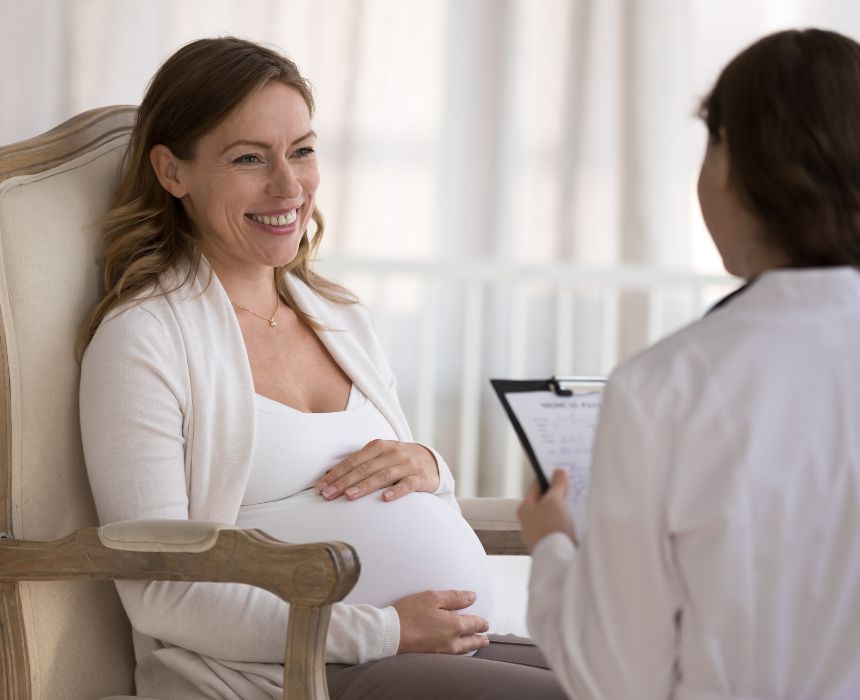Candidate or Certified Persons Accountability


Code of Conduct
All Certified Professional Doulas (CPDs) are required to uphold the following Code of Conduct and Standards of Professionalism while actively certified through the NDCB. All CPDs must act in respect to the CPD Scope of Practice and maintain the principles and values of professionalism. Failure to comply will result in immediate suspension of certification for further investigation and disciplinary action if necessary.
Disorderly conduct
The following list of misconduct constitutes violations of the Code of Conduct, and appropriate disciplinary action will be taken if a doula is found in violation. This list is not exhaustive, and the NDCB has the final authority for evaluating questionable behavior.
- Unauthorized access to medical facility or organizational computers, documents, files, supplies, or any other area not pertinent to certified doula practice
- Conduct that restricts or prevents staff, faculty, or other medical personnel from performing their duties
- Inappropriate language, abusive language, or derogatory language used at any time toward clients, care team members, or fellow doulas
- Any action or behavior that is an unreasonable interference with the environment or the rights of others; examples may include but are not limited to HIPAA violations, theft, violence, violations of local, state or federal law, medical facility regulations, or false representation
- Any action or behavior that negatively impacts the health and welfare of others
- Any behavior that reflects poorly on the NDCB, the CPD credential, or the doula profession
- Violation of confidentiality
- Arguing or interfering with care providers, staff, clients, friends, or family
- Misrepresentation or misuse of the CPD credentials
Standards of Professionalism
All CPDs are expected to uphold high standards of professionalism, respect, and language when working alongside others.
Conflict
Doulas shall refrain from engaging in arguments, conflict, or anything that could be viewed as disruptive behaviors. If doulas find themselves in a situation that is escalating toward conflict, it is the doula’s responsibility to remove themselves politely and professionally.
Consent
Doulas shall obtain verbal consent/permission from all patients before assisting or completing any task related to doula practice. Doulas shall respect the privacy and rights of clients at all times, including the right of refusal to consent to support.
Continuing education
Doulas shall maintain appropriate continuing education related to doula practice, including but not limited to: national standards related to doula practice (such as updated relevant policies/guidelines from the American Academy of Pediatrics, Association of Women’s Health Obstetric and Neonatal Nurses, World Health Organization, American College of Obstetrics and Gynecology); best practices; and knowledge of updates to products and equipment relevant to doula practice.
Client management and documentation
Doulas are responsible for appropriate client management and documentation procedures to ensure confidentiality and minimize liability.
Scope of Practice
Doulas are care professionals, not medical providers. CPDs provide emotional, physical, and educational support in the birth and postpartum years. Care is tailored to meet specific requests but does not include medical advice or performing medical procedures nor is it to act in place of a medical provider. Certified Professional Doulas do not diagnose, treat, or intervene.
The NDCB requires that doulas working as a CPD follow this scope of practice along with the guidelines of the Code of Conduct and Standards of Professionalism.
CPDs have been trained in the following topics:
- The anatomy and physiology of birth and recovery
- Common interventions
- Comfort measures and advanced comfort measures for birth and postpartum
- Feeding support
- Appropriate communication with medical care providers and staff
- Appropriate communication with clients
- Newborn care
- Postpartum mood disorders
- The postpartum family
- Healing for the postpartum mother
- Infant sleep guidance
- Sibling support and transitions
- Whole family care
- Professionalism
- Professional business practices
CPDs do:
- Provide hands-on support
- Provide evidence-based educational resources
- Provide emotional support
- Respect all medical professionals
- Help the care team when appropriate
CPDs don’t:
- Perform medical procedures
- Give medical advice
- Take the place of medical personnel
- Diagnose, treat, or intervene
Need to find out more about doula certification?
Reach out to us now to learn more about the certification process.